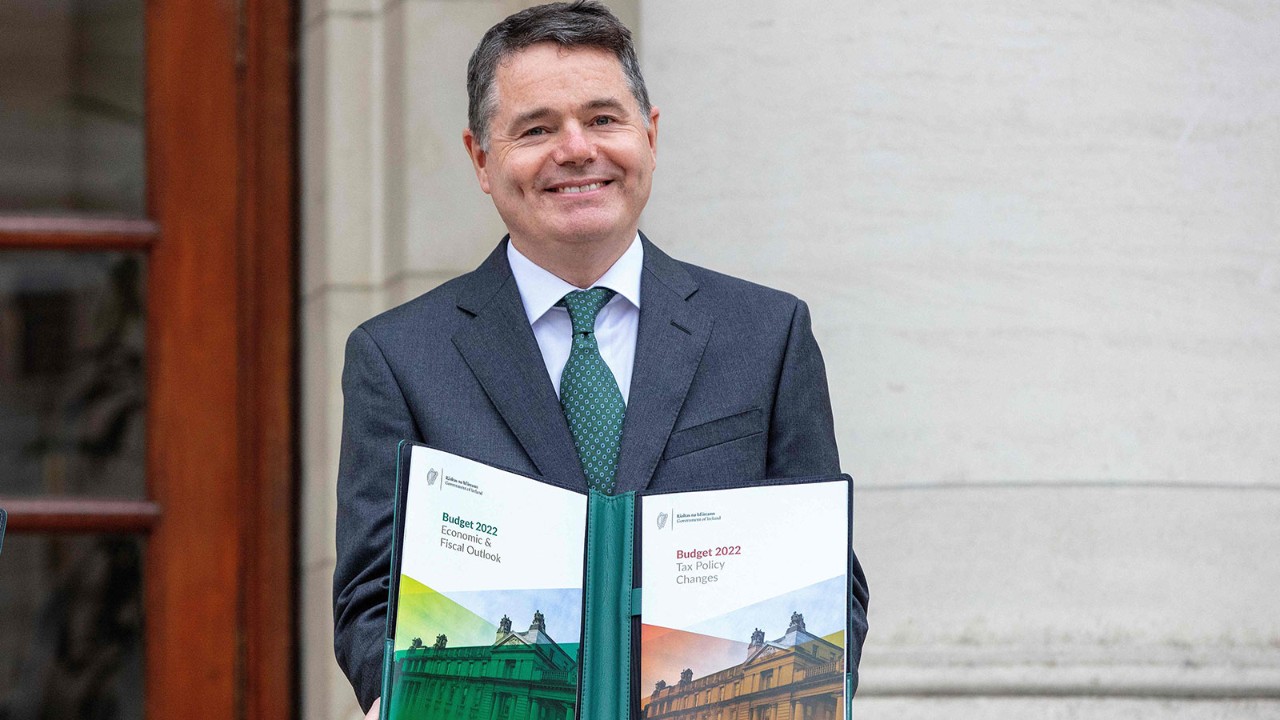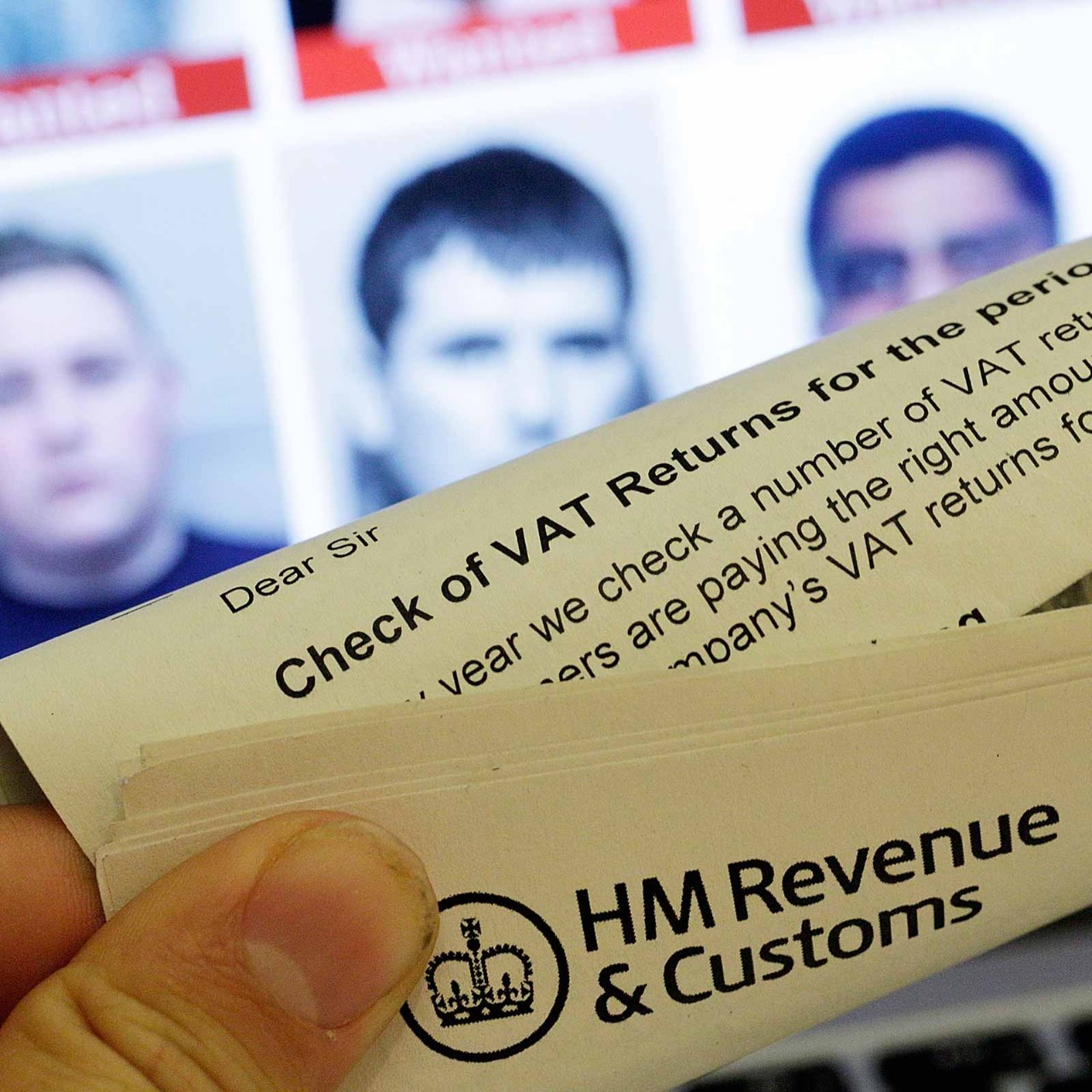
Global tax reform
Ireland has previously indicated its reservations about the proposal for a global minimum effective business tax rate of ‘at least 15%’, put forward as part of the two-pillar solution to address tax challenges arising from the digital economy. As a result, Ireland was one of the members of the OECD/G20 Inclusive Framework on BEPS (the domestic tax-base erosion and profit-shifting project) that did not sign up to a consensus statement on the way forward in July.
Since then Ireland has continued to engage in discussions and technical aspects of the proposals, and a recent public consultation on the proposals concluded on 10 September.
On 7 October, the finance minister, Paschal Donohoe, announced that the government had given approval for Ireland to join the ‘landmark agreement’ to reform the international tax rules to address the challenges arising from digital commerce.
‘The minimum effective rate for multinationals with an annual revenue in excess of €750m is 15%’
Dononhue explained: ‘The agreement provides that the minimum effective rate for multinationals with an annual revenue in excess of €750m is 15%. We have secured the removal of “at least” in the text. This will provide the critical certainty for government and industry and will provide the long-term stability and certainty to business in the context of investment decisions.
‘This 15% rate will apply to 56 Irish multinationals employing approximately 100,000 people, and 1,500 foreign-owned MNEs based in Ireland employing approximately 400,000 people.
‘Furthermore, the vast majority of businesses in Ireland will be outside the scope of this agreement, and there will be no change to their corporation tax rate. This is important for the domestic economy and the thousands of SMEs that operate here.
‘For over 160,000 businesses in Ireland with a turnover less than €750m per annum, who employ approximately 1.8 million people, there will be no change to their corporation tax rate of 12.5%.’
Donohoe indicated he expected Ireland to continue to remain a very attractive location for foreign direct investment long after the OECD agreement is implemented. ‘I am confident that Ireland will remain competitive into the future, and we will remain an attractive location and “best in class” when multinationals look to investment locations. These multinational enterprises support our economy with high-value jobs, and at the same time Ireland provides a stable platform and a long proven track record of success for MNEs choosing to invest here.’
The Department of Finance added there is much technical work to do in the months and years ahead before the new rules come into play, which is expected to be as early as 2023.
Local property tax
The changes to local property tax (LPT) announced in June have now been legislated for. The changes include a reduction in the rate of the tax, wider bands and the removal of the exemption for properties built since 2013. The legislation also provides for property valuations to be reviewed every four years. This means that the market value of the property self-assessed on 1 November 2021 will determine the owner’s LPT liability for 2022 to 2025.Revenue has launched an LPT communication campaign and is writing to 1.4 million residential property owners to advise them of what they need to do to comply with their LPT obligations for 2022, namely:
- determine the market value of their property as at 1 November 2021
- submit their LPT return including their valuation by 7 November 2021
- pay – or make arrangements to pay – their LPT charge for 2022.
Revenue has released an interactive valuation tool to help property owners self-assess the value of their property. It provides an estimated average valuation band for residential properties in each area in a map format. Further Revenue information to assist property owners is available here.
LPT is a self-assessed tax, so a property owner is still obliged to submit an LPT return and payment even if they do not receive a letter from Revenue. Revenue has used a number of information resources such as stamp duty return information to identify property owners – for example, those who have acquired properties built since 2013 – and put their properties on the LPT system. Revenue has also reminded owners who self-built their property that they need to register it on the LPT online system.
Beneficial ownership of trusts
The EU’s 4th and 5th anti-money laundering directives have now been transposed into Irish law, setting regulations to control the beneficial ownership of trusts.
The portal for the central registrar of beneficial ownership of trusts (CRBOT) went live in July and can be accessed via ROS and MyAccount. Trustees will be required to submit details of relevant trusts and their beneficial owners to Revenue, which will manage CRBOT. Revenue’s central registrar role is separate to its role in administering the tax system.
Trustees (or their agents, advisers or employees) will be required to register through the Trust Register portal on ROS; agents or advisers must submit a tax advisor identification number (TAIN) link notification if they are acting in a representative capacity. Where individual filers do not have a business tax registration number, they can register through MyAccount.
The deadline for registering trusts is fast approaching. Relevant trusts established on or before 23 April 2021 must be registered by 23 October 2021. Trusts created after 23 April 2021 must register within six months of their creation.
Further information on the requirements is available on the CRBOT section of Revenue’s website, which is being updated in response to further questions and clarifications.
Employment status
In July, the Department for Social Protection published an updated code of practice for determining employment status, setting out the key characteristics for employment status decisions and taking into account current labour market practices and developments in legislation and case law. The code reflects developments in the labour market, such as agency workers, intermediary arrangements, and workers in the digital/gig economy. It is intended to be a ‘living document’, which will continue to be updated to reflect future relevant changes in the labour market, legislation and case law.
In launching the 27-page code, the social protection minister Heather Humphreys reiterated her plans to place it on a statutory footing and bring forward legislation later this year.
The code acknowledges the existence and significant value to the economy of genuine self-employment, and notes that it is not intended to push genuinely independent contractors into the employee category.
Disclaimer: while every effort has been made to ensure the accuracy of this information, the Irish Tax Institute does not accept any responsibility for loss or damage occasioned by any person acting, or refraining from acting, as a result of this material.





